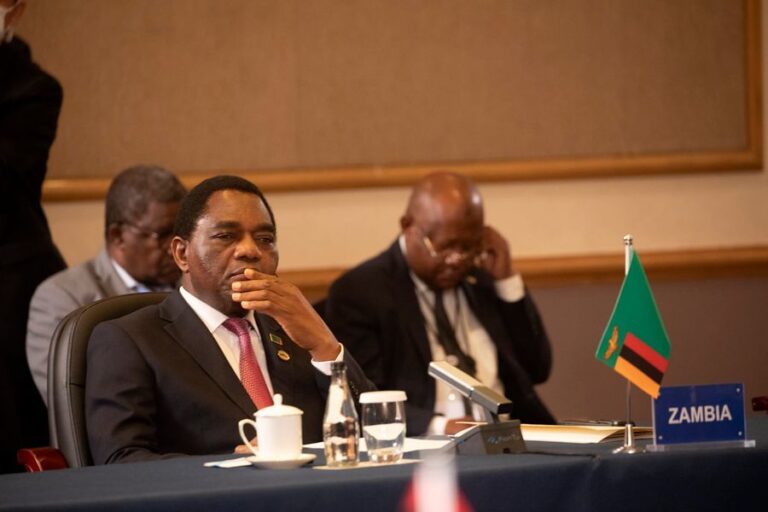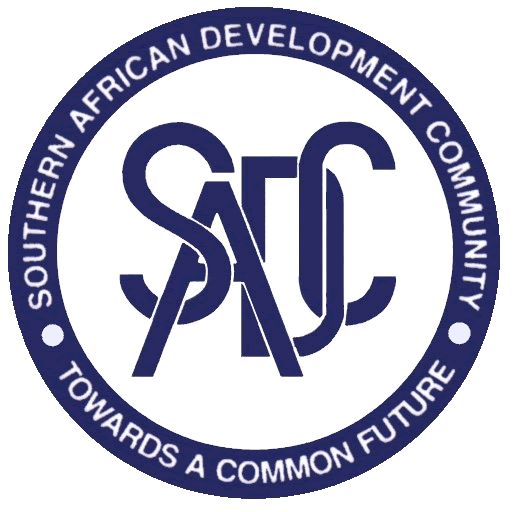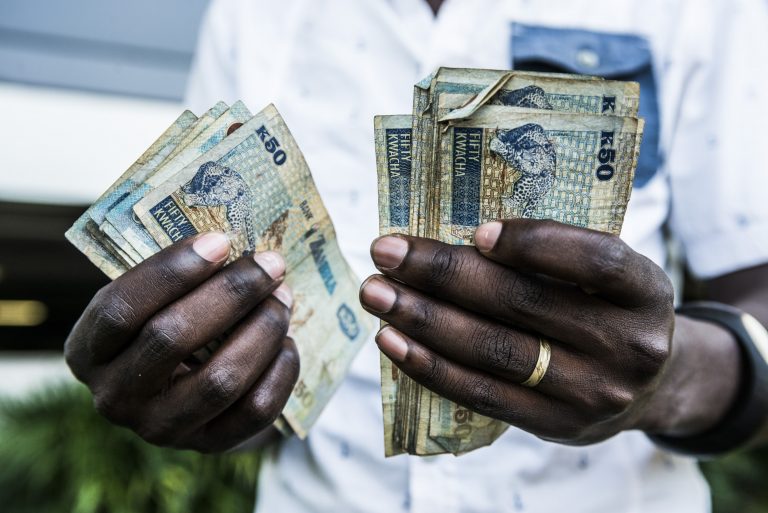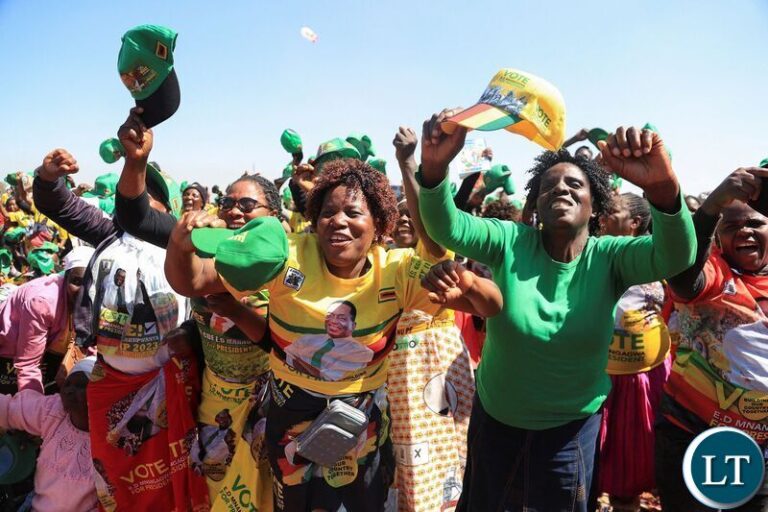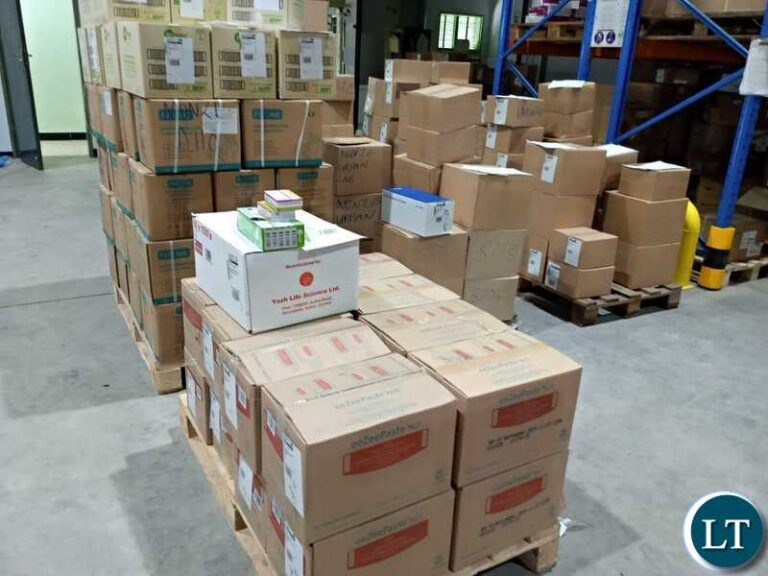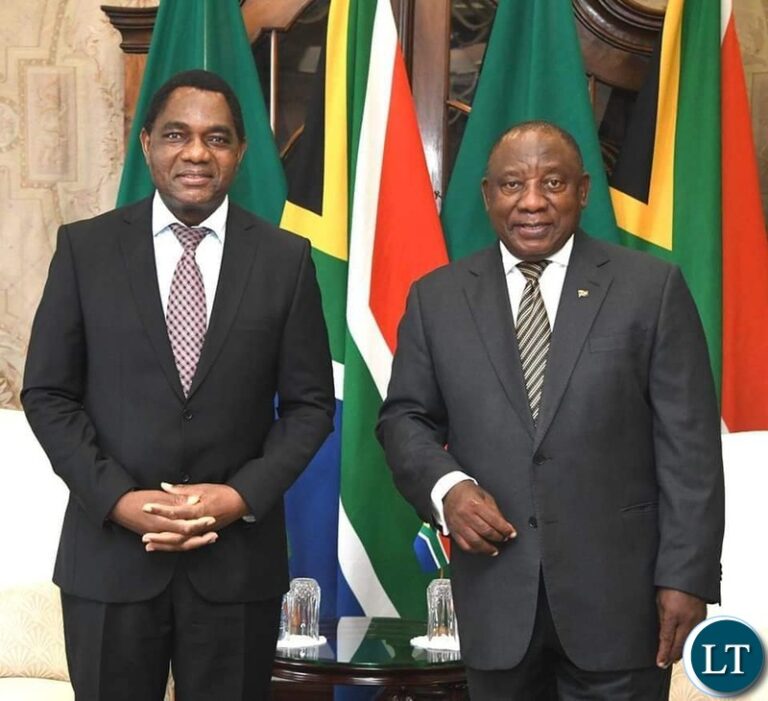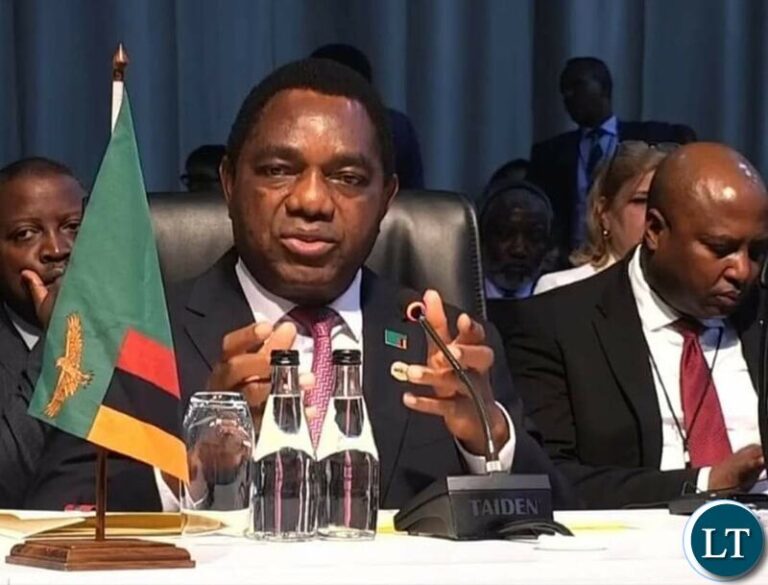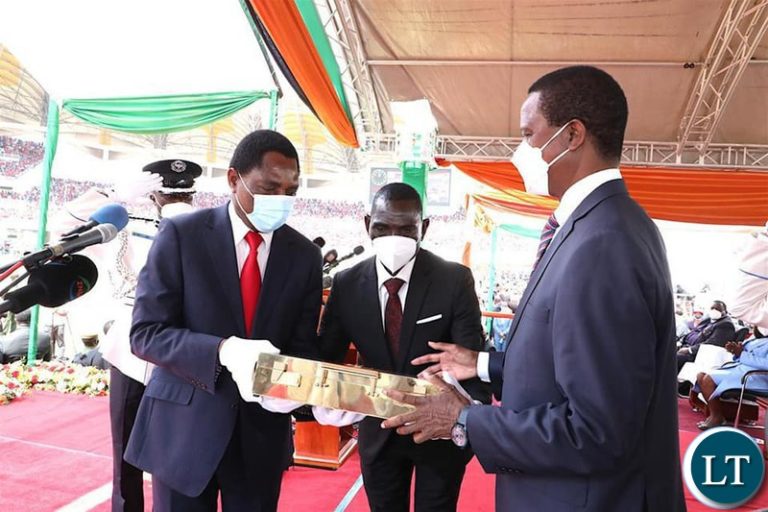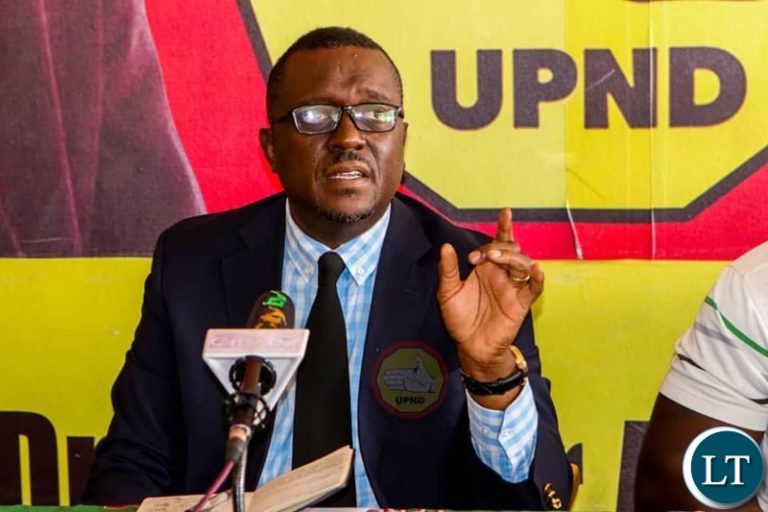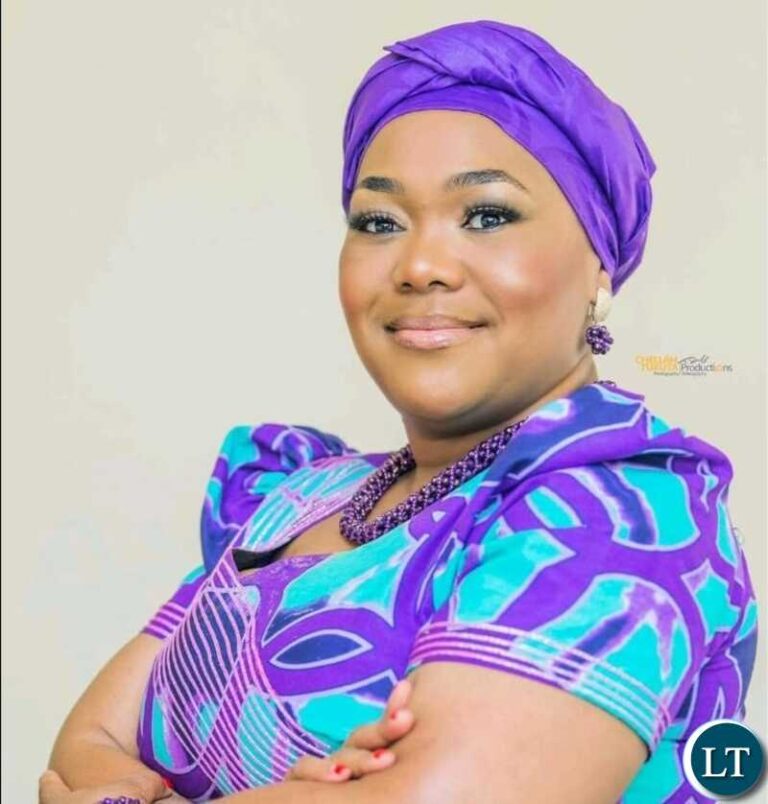President Hakainde Hichilema was among 14 African Heads of state and government that attended the China-Africa Leaders Round Table dialogue meeting on Thursday night , held at Hilton Hotel in Johannesburg, South Africa.
The closed door round table dialogue meeting which was being held under the Theme, “Promoting African Integration and jointly building a High-Level Africa-China Community with a shared Future” was Co-Chaired by Chinese President XI Jinping and South African President Cyril Ramaposa.
And in a shared joint Communique after the dialogue meeting, both the African countries and the Chinese government underscored that support for African developmental challenges should be aligned and synergized with the second ten-year implementation plan of agenda 2063.
Both China and African governments reaffirmed their strong commitment to the purposes and principles of the United Nations UN charter and their staunch support for each other in upholding territorial integrity, sovereignty, security and development interests.
The two sides also agreed that China-Africa cooperation should draw attention to the strengthening of existing global institutional mechanisms to ensure the participation of developing countries thus allowing for inclusiveness and global trust.
Further, both sides agreed that since its inception in 2000, the forum on China-Africa cooperation (FOCAC) has proved to be an effective platform for South-South of all the people of China and Africa.
On the African side, leaders commended China, for introducing the global development initiative, the global security initiative and the global civilization initiative in support of strengthening multilateralism and hoped China and Africa’s development will bring about more opportunities for peace and development in the World.
Meanwhile the Chinese government commended African leaders for their constructive and creative initiative undertaken towards ending the Russia-Ukraine conflict.
The government of China called for increased dialogue and engagement to build trust and confidence and the creation of an environment conducive for dialogue between the warring parties.
Among the leaders that attended the round table meeting include President of the Union of Comoros who is also Chairperson of the African Union AU Azali Assoumani, President of the Republic of Senegal who is also Co-Chair of the Forum on China-Africa Cooperation FOCAC Macky Sall, President of the Republic of Burundi and Chairperson of the East African Community EAC Evariste Ndayishimiye.
Others are the President of the Republic of Djibouti who is also Chairman of the Intergovernmental Authority on Development IGAD Ismail Omar Guelleh, President of the Republic of Congo and representative of the Central Africa, Denis Sassou Nguesso, Namibian President who is also Representative of the Southern Africa Hage Geingob.
While others are, Libyan Vice President of the Presidential Council Mossa Elkony and representative of the Arab Maghreb Union, Prime Minister of the Republic of Chad and Representative of the Community for Sahel-Saharan states Saleh Kebzabo among others.
President Hichilema was in South Africa to attend the 15th BRICS Summit and has since returned to Zambia.


